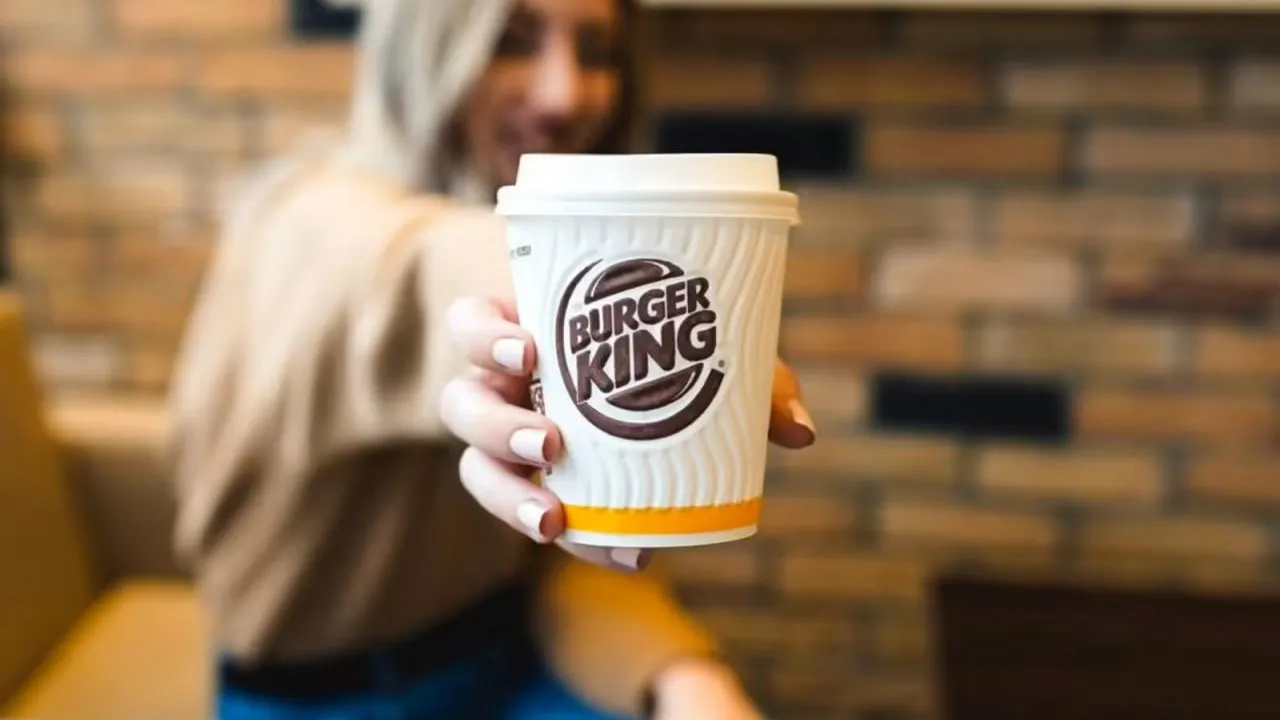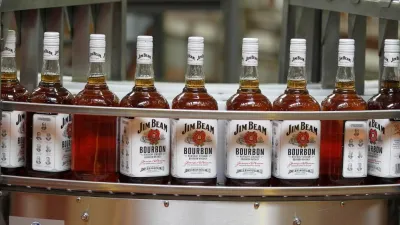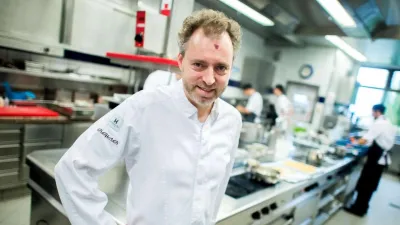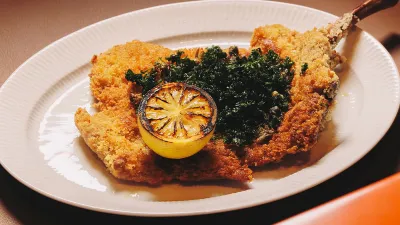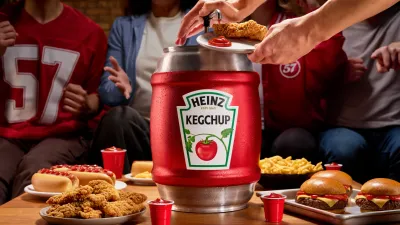When Burger King Austria announced that all its hot beverages would be prepared exclusively with Oatly’s new Baristamatic oat drink, the news made waves across the foodservice world. The move looked like a milestone for sustainable fast-food menus - but it lasted only briefly. What does this episode reveal about plant-based alternatives in mainstream hospitality and the limits of customer habits?
The moment Burger King Austria declared it was removing cow’s milk from all its hot beverages and replacing it entirely with Oatly Baristamatic, it felt like a breakthrough. No surcharge, no special request, and a clear message: if you order a cappuccino, latte, or hot chocolate, you get it with oat milk by default. For a global fast-food chain, this was a striking commitment to sustainability goals and an encouraging signal to the broader hospitality sector.
Oatly’s Baristamatic - designed specifically for fully automated coffee systems - promised to be the perfect fit. With improved flow characteristics, reliable foam, greater stability in push-button machines, and a significantly lower climate footprint than cow’s milk, the product was positioned as both a technical and environmental upgrade. Combined with the rising popularity of plant-based alternatives, it seemed like the market was ready for such a shift.
But guest reactions quickly revealed the complexity of the move. While many welcomed the bold decision and enjoyed the taste of the new drink, others were dissatisfied with the complete removal of cow’s milk. Within roughly a week, Burger King opted to soften the change, reinstating dairy as an optional choice while keeping Baristamatic as the default offering.
The episode highlighted two important realities. First, major chains are genuinely exploring plant-based defaults - not as pure marketing, but as practical tests of future menu standards. And second, customer habits still hold considerable weight. Eliminating a familiar ingredient entirely can feel like too abrupt a change, even in markets where plant-based options are widely accepted.
For baristas and café operators, the story offers valuable insight. It shows how rapidly plant-based product technology is evolving - especially for automated, high-volume service environments. At the same time, it underscores the importance of customer-oriented rollout strategies: even the most sustainable innovations require a balance of product quality, clear communication, and gradual adaptation.
Burger King Austria’s experiment will likely be remembered as a bold, if short-lived, push to bring plant-based defaults into the mainstream. Despite the later reversal, it marks an important moment: large chains are increasingly willing to test solutions that are more sustainable, technologically robust, and potentially transformative for everyday dining.
And while the journey toward fully plant-based default options may not be linear, each step contributes to shifting the expectations - and possibilities - of modern foodservice.


